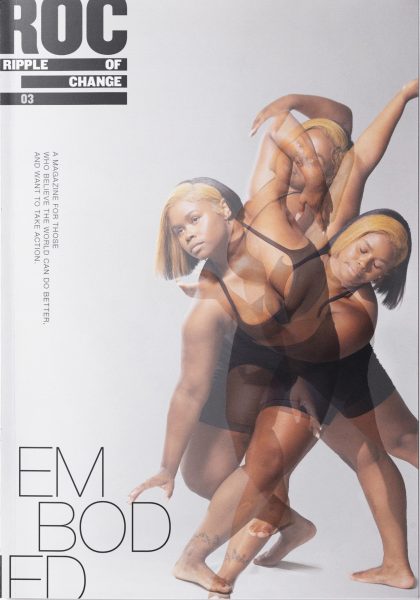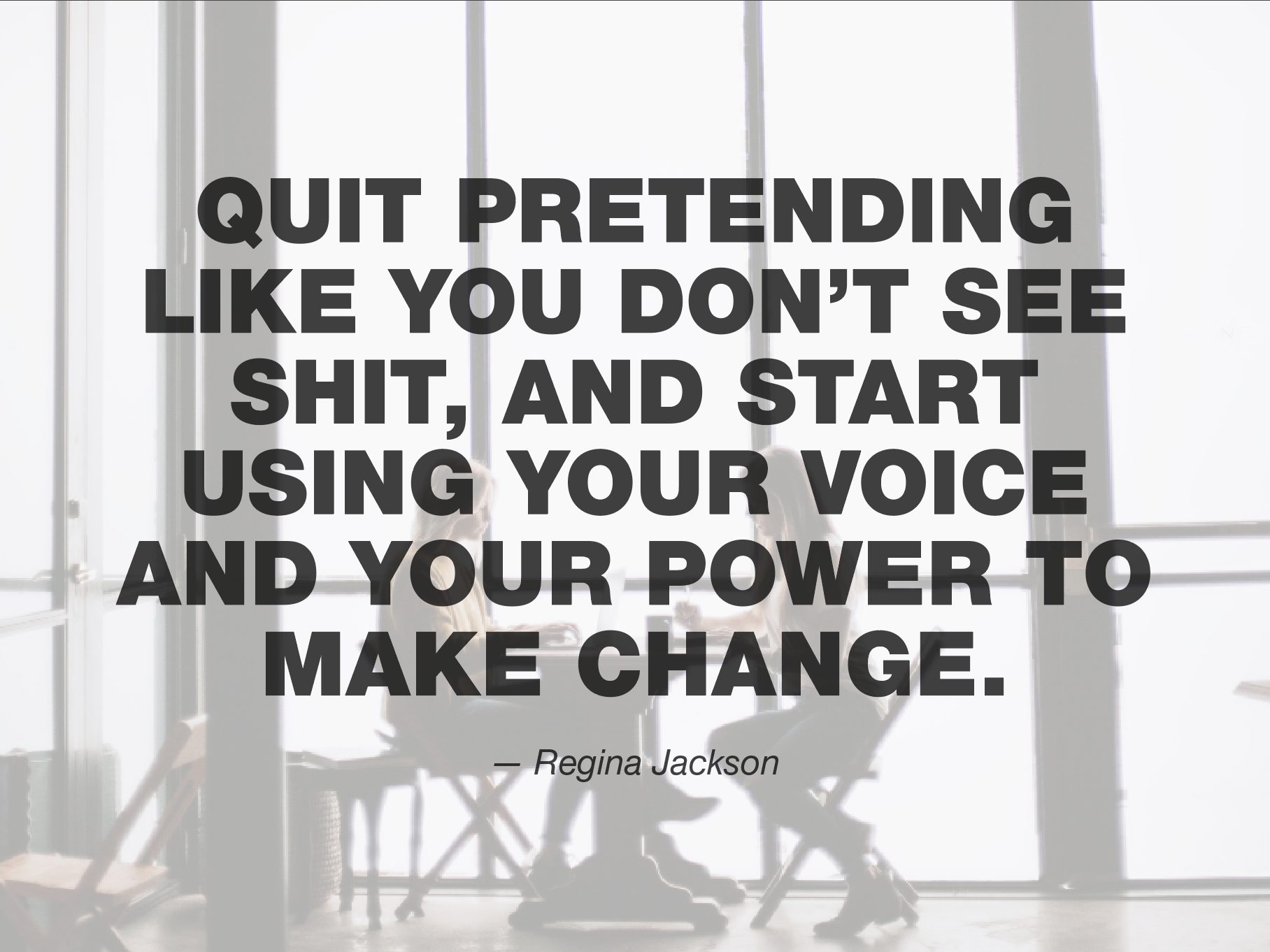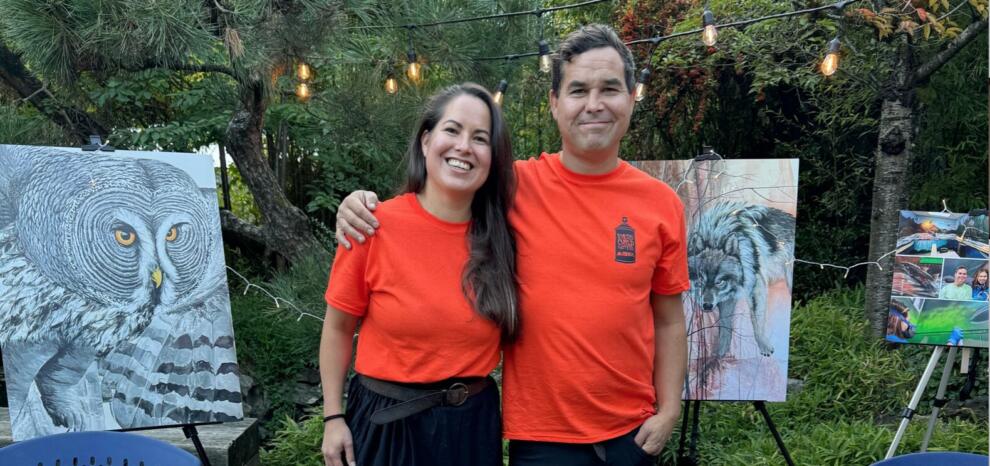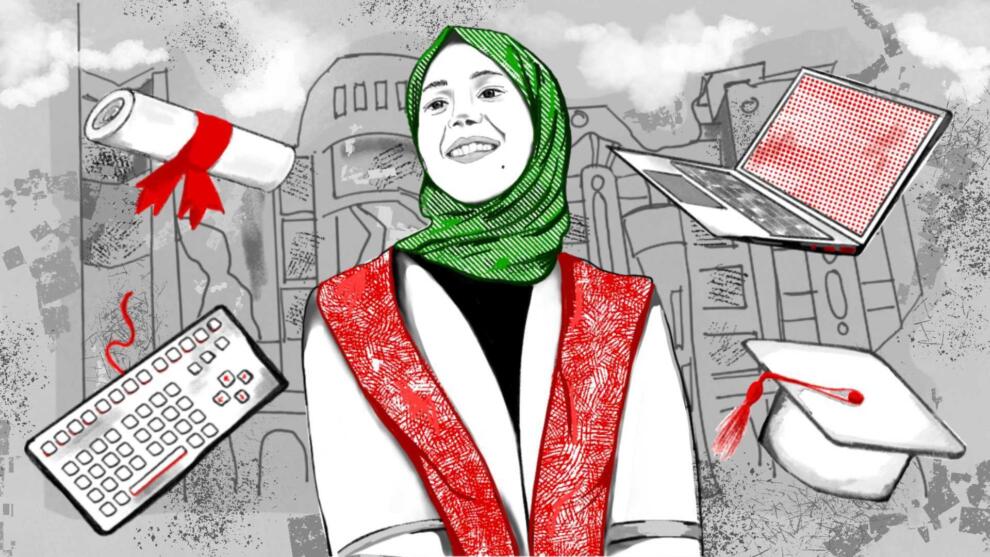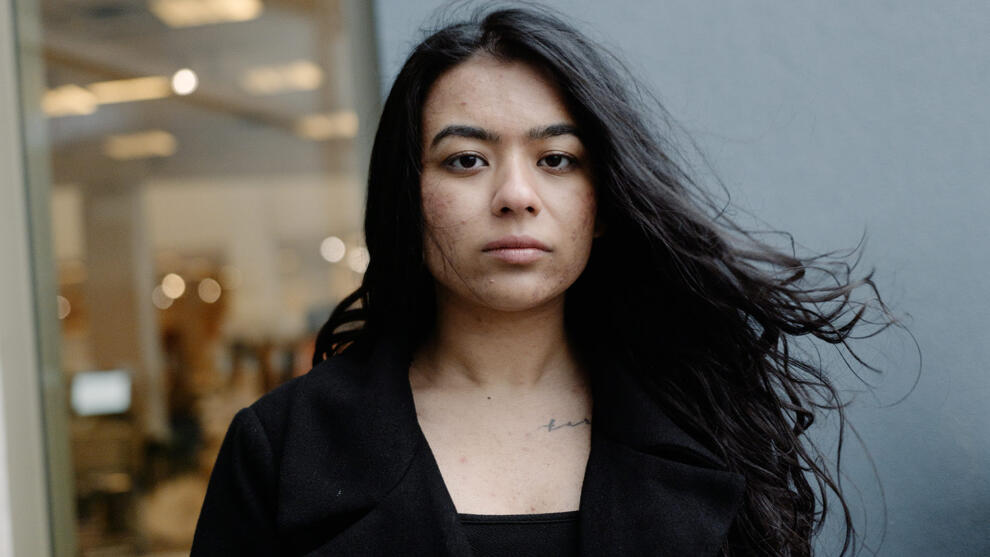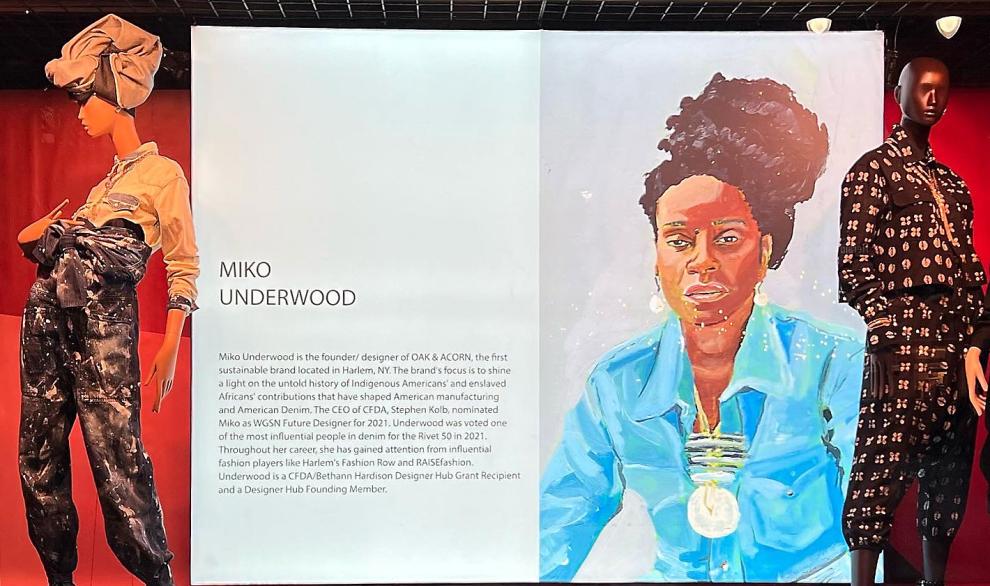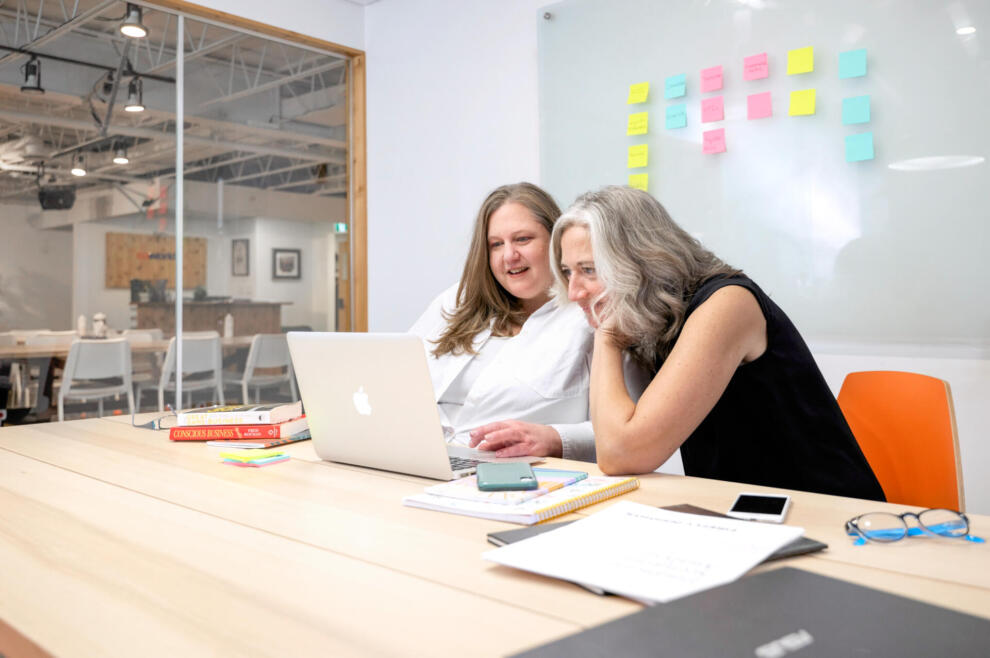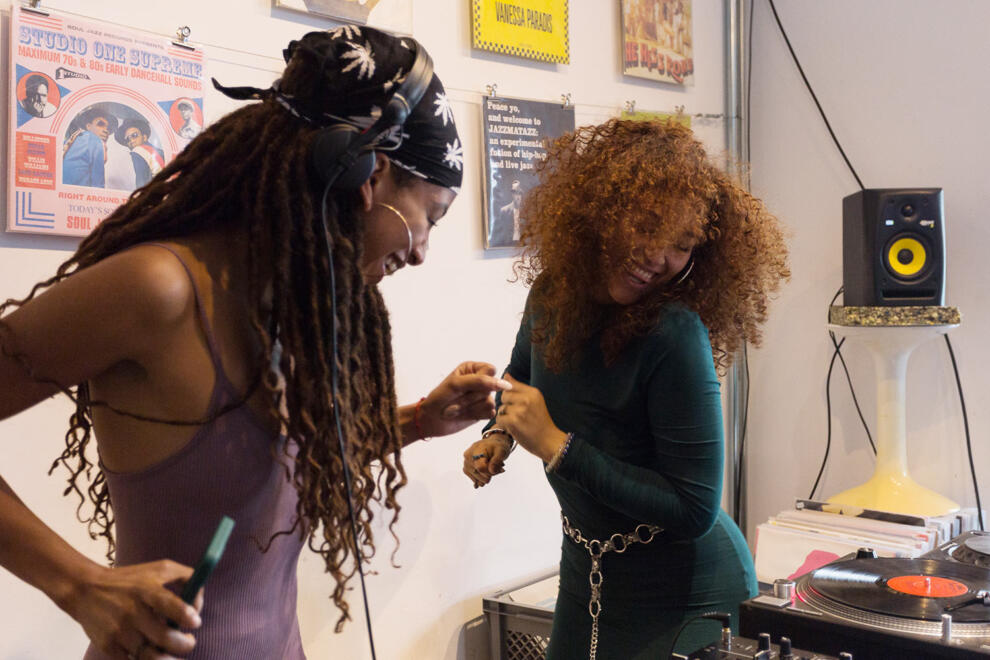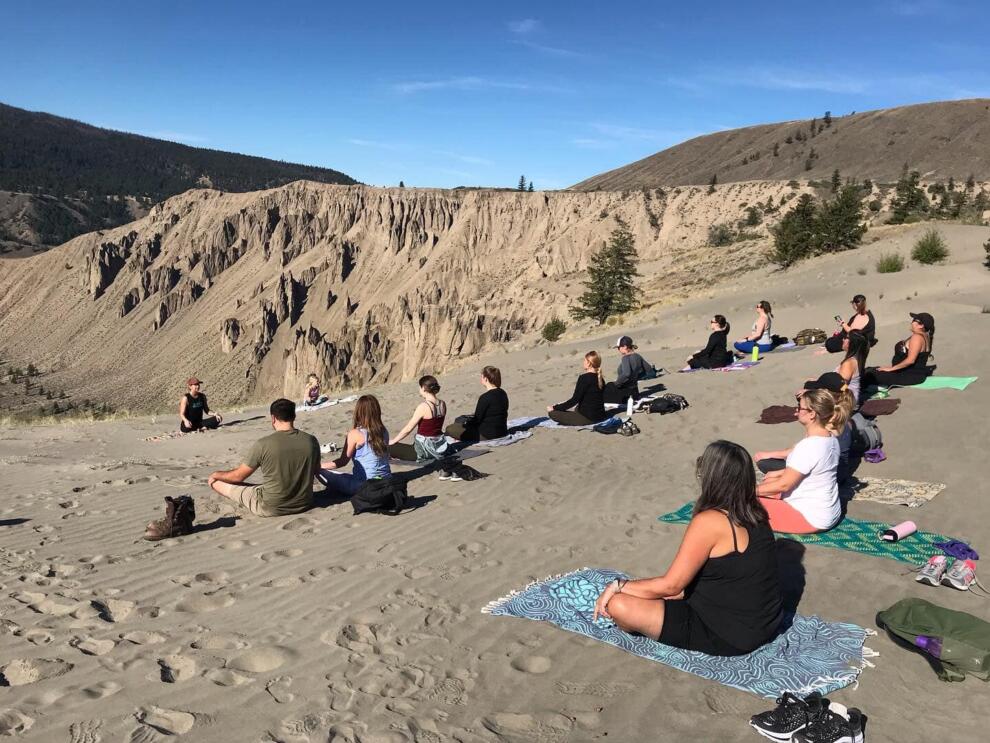Calling All White Women! Activating the Steps to Anti-Racism.
Ten months ago I was a white woman continuing to tiptoe about with “good intentions” when it came to diversity, equity and inclusion. My learning journey had been activated for some time. I was attending events, reading books, listening to podcasts, diversifying who I was following on social media. I definitely let it be known by splashing the DEI acronym in my social profiles and in hashtags. This showcasing of my “efforts” was because I wanted folks to know I was a white woman doing her part. A great example of my white woman behaviour.
This learning journey is how I came to watch a documentary screened by Hot Docs called Deconstructing Karen, a thought provoking 52 minutes of radically honest conversations about race with eight white women, a Black woman and a Brown woman.
The documentary is produced by Regina Jackson and Saira Rao, founders of Race 2 Dinner, whose vision is a world free of white supremacy, caste, patriarchy, misogyny, all the isms, all the phobias and hate. A world where all of us human beings have value, dignity, respect and all we need to live how we choose.
As a white woman, who was already on the “learning” journey (I mentioned the use of the DEI hashtag right?) I wasn’t prepared for what would come next after watching the documentary because I was very much already patting myself on the back for doing the “work”.
Watching this documentary (spoiler alert) isn’t the first time I’ve had my complicity of upholding white supremacy brought to my attention. As example, in 2020, four months after the murder of George Floyd I hosted a book club on So You Want To Talk About Race. I took a standard approach: invite white folks to read and discuss the book, have no real impact outcome because the conversation tip toes around what the book is asking white folks to acknowledge and address, our racism. Because of my “good intentioned” efforts thus far, when faced with my white supremacy, I wasn’t prepared for what would come after I watched the documentary. I actually disrupted my own white woman conditioned behaviour. I started acknowledging my racism and I am figuring out how to dismantle it.

I acknowledge that white supremacy is deeply rooted within me. I am realizing it creates continued barriers grounded in fear to stop me from taking action. White supremacy desperately wants me to be quiet. As a white woman I’m conditioned to be nice, “smile”, not rock the boat and maintain an exhausting facade of perfection. Perfection is a colonial tactic created to keep me from questioning things and stepping outside of my expected position in the assembly line of upholding white supremacy.
So what’s the antidote to white supremacy?
Anti-racism.
Anti-racism looks like having radically honest conversations with myself and everyone I know about racism and continually figuring out how to navigate the bumbles, fumbles and messy-ness that is around every corner so that I am building momentum in my anti-racism practice.
My journey has become about starting radically honest conversations about race.
After watching the Deconstructing Karen documentary I was electric with energy and fired up to take action. I wanted to bring the event to Vancouver the community I live in.
My electric “good intentioned” energy quickly fizzled as the conversations with other white women became difficult and because they were difficult I stopped trying. In addition to stopping because things got hard I blamed everyone else for not caring so I could justify my behaviour.
The centering of self, the blaming others, the avoiding acknowledgment of how my actions are part of the problem is standard white woman behaviour. It would be months later before I would publicly acknowledge how my white woman behaviours were part of the problem. This is because it is really easy to say I want to be anti-racist. Being anti-racist however is like exercise. If I don’t exercise regularly I will struggle to get stronger. Since white supremacy is so deeply ingrained in me, it means my exercise to build anti-racism muscle must be persistent and consistent.
As I tip toed about blaming others for my behaving badly as a white woman, Race 2 Dinner was steadfast to get the documentary onto CBC Gem, itunes, VIMEO, write and launch White Women: Everything You Already Know About Your Own Racism and How to Do Better and announce the Race 2 Dinner city tour!
Race 2 Dinner is bringing radically honest conversations to communities like Austin, Denver, Palm Beach, Los Angeles, London UK and Vancouver Canada.
Mo Dhaliwal, founder of Poetic Justice Foundation whose mandate is to challenge structures of oppression and discrimination through intersectional grassroots advocacy are part of a collective of folks bringing Race 2 Dinner to Vancouver.
Mo shared the reason behind the lack of meaningful progress in anti-racism is lack of intentional communication. This is because superficial harmony and polite conversations are always centred. Which means the direct conversations needed about the specific interventions required to change the experience of racism for people affected and address the issues get thwarted.

“Just shut up and let it happen,” says Mo, offering that even well intentioned folks, who believe in anti-racism initiatives, are entirely capable of replicating discrimination. The goal is to be investing in learning and training to get over good intentions that aren’t good enough. Intentions that aren’t changing the lived experience for racialized groups aren’t good enough. Actions are the only thing that will advance anti-racism.
I asked Mo what he hopes might come after this event given the lack of meaningful progress with anti-racism.
Mo hopes white people in positions of power and influence are shifted enough to be able to have harder conversations and take more drastic measures in supporting anti-racism initiatives in their home, family, community, workplace.
Mo hopes white people in positions of power and influence are shifted enough to be able to have harder conversations and take more drastic measures in supporting anti-racism initiatives in their home, family, community, workplace.
Mo shares that there is much anti-racism work happening that can be invested in, supported and amplified. There’s no need for white people to start from scratch. The work is being done, we just have to acknowledge it and take action.
Where can you put your money, your time? Good news, you have options. It may be an initiative that no one knows about, and you aren’t going to be recognized by name. Anti-racist work may be work you do quietly, slowly and strategically. This work can be quiet but it must be specific.
Being specific with steps to anti-racism.
If you live in Vancouver, join us May 3. If you live somewhere not on the Race 2 Dinner city tour, we still need you! You can join in by starting and having radically honest conversations where you live.
Activating specific steps to anti-racism will require us to do something and shift beyond “good intentions. And then, instead of patting ourselves on the back, we keep doing something and then we do more.
Racism is relentless. Racism works 24 hours a day.
Racism thrives everytime I, a white human, who will never experience racism, does not do something about its existence.
My steps to anti-racism must be relentless. I hope your steps to anti-racism become relentless too.

Purchase Issue 03
After a year of chaos and uncertainty, our mission for ISSUE 03 of RIPPLE OF CHANGE is to spark inspiration in our readers. There was a lot of talk of coming together, acting in solidarity for our peers, and putting others before ourselves to overcome the challenges put before us. Now, we put that to the test.
Order your copy of Issue 03 today!
